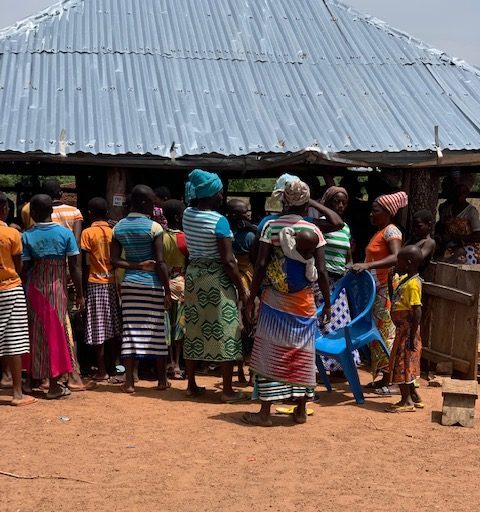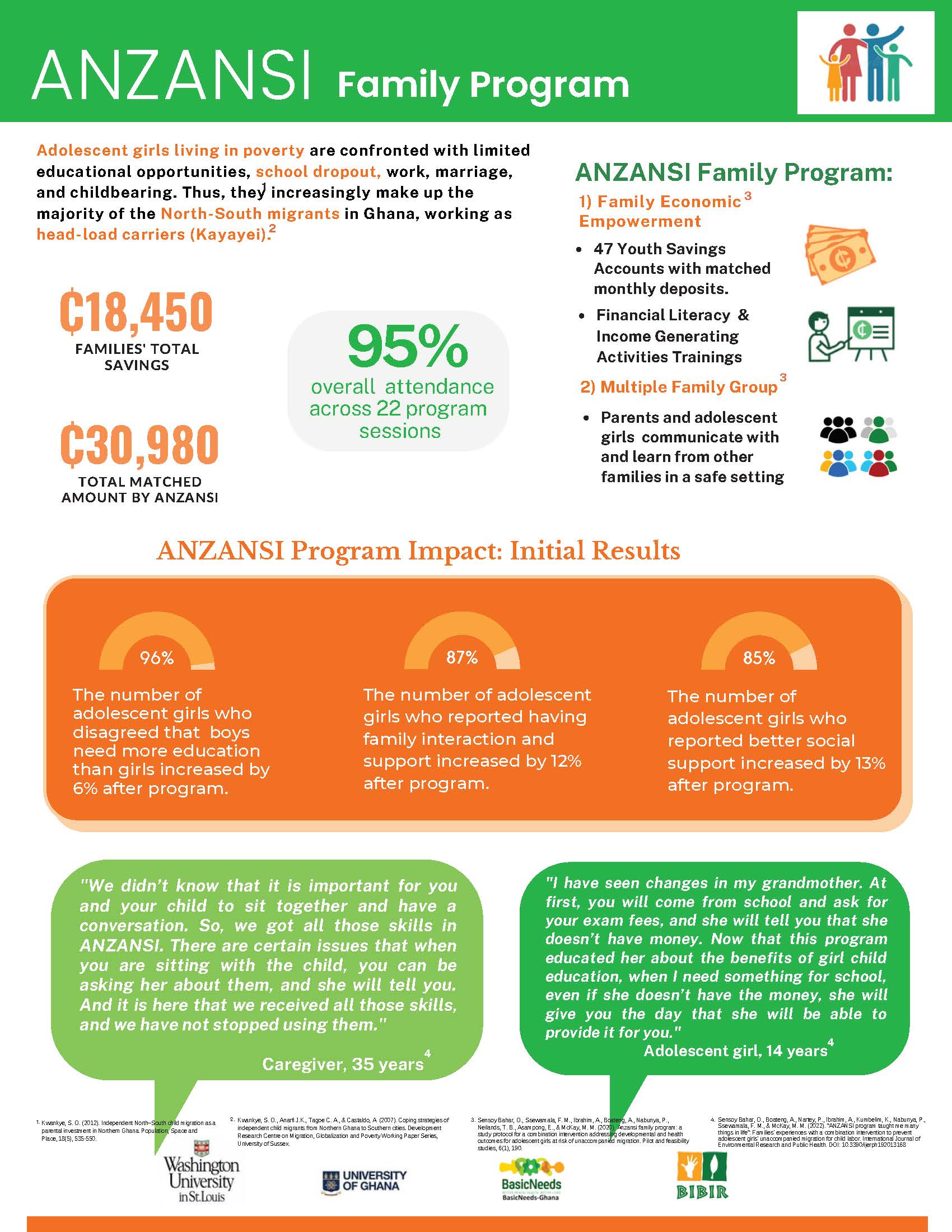 Anzansi Family Program
Anzansi Family Program
Principal Investigator: Ozge Sensoy Bahar, PhD
Study Aims: ANZANSI is two-year study that seeks to pilot test the feasibility of an innovative combination intervention program amongst adolescent girls at risk of dropping out of school in Northern Ghana. By promoting financial stability and addressing mental health, this study seeks to address the increasing numbers of unaccompanied minors migrating from rural to urban areas searching for better economic opportunities. The study will evaluate child development outcomes including: school attendance, intention to independently migrate, family financial stability, psychosocial and mental health functioning, and family cohesion.
Study Design:The study uses a cluster randomized control design to recruit 100 adolescent girls, ages 11-14, who are at risk of dropping out of school from 10 primary schools, and their caregivers (n=10 schools; n=100 adolescent girls and their caregivers). The girls will be assigned to two study conditions: a control group (n=5 schools; n=50 adolescent girls and their caregivers) receiving usual care bolstered with provision of notebooks and school lunches for children enrolled in rural schools in Northern Ghana; and a treatment group (n=5 schools; n=50 adolescent girls and their caregivers) receiving a combination intervention (family economic empowerment (EE) + multiple family group (MFG)).
Study Interventions: ANZANZI combines two evidence-informed approaches 1) a family-level EE aimed at strengthening financial stability in poor households through the use of matched child development accounts (CDA) using a 1:2 match rate, financial workshops, and income-generating trainings and mentorship; and 2) a family-based MFG intervention focused on addressing family functioning and beliefs around girls’ education, gender norms, and labor.


